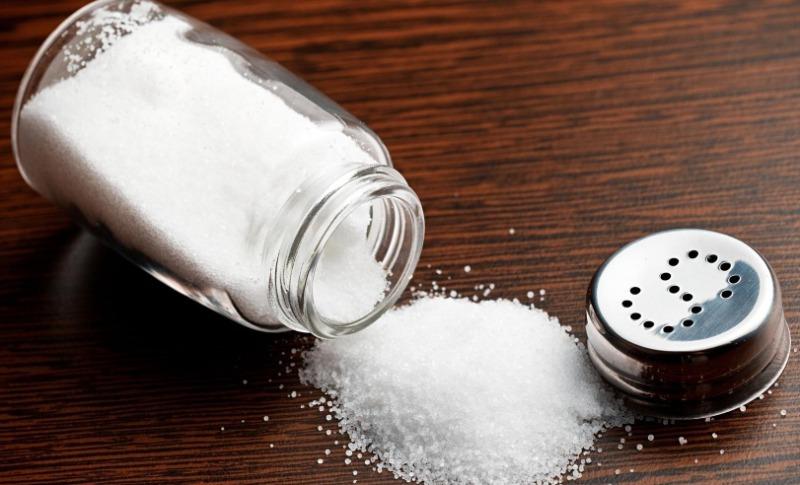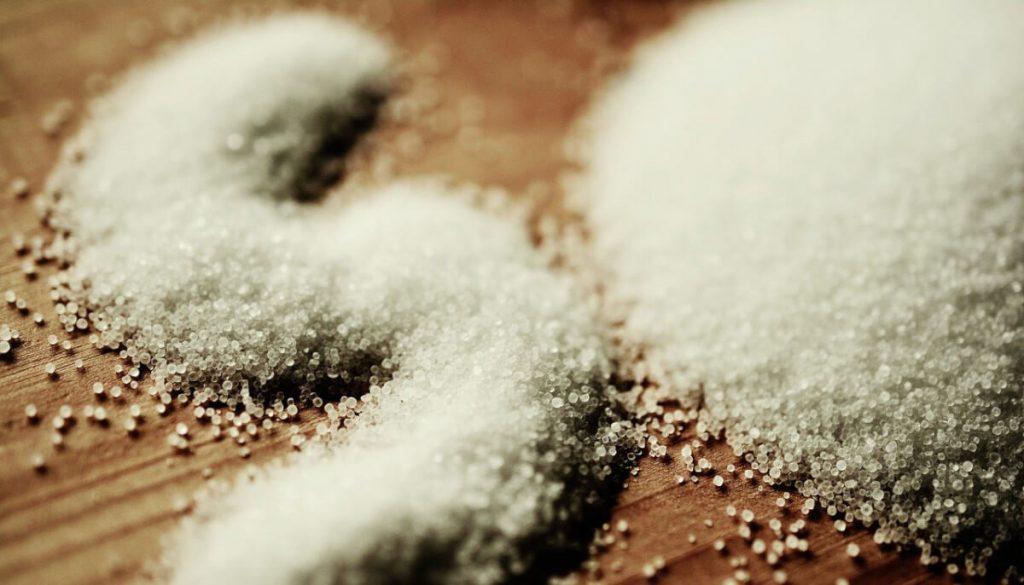
Spilled salt - superstitions and beliefs
Contents:
Salt has a place of honor in many rituals of various cultures. Regardless of whether it is about pagan or Christian beliefs, salt is identified with exceptional ability to scare away evil spirits. The Far East and esoteric religions have also seen magical potential in salt. Thus, superstitions about salt have become some of the most universal and popular in the world.
How did salt acquire magical properties?
To understand the origin of the attribution of mystical characteristics to salt, we need to understand how great value she had in the distant past. Until the XNUMX century, salt was the only food preservative. She prevented the decay of the corpse so that the meat could be saved for later. Salt has also been used for disinfection and has even been used for its antibacterial properties after successful surgeries. The ancient Romans sprinkled salt on the conquered lands as a sign of victory, and also so that there was no harvest on this land. For these reasons, our ancestors quickly called salt stop timeand thus recognized its supernatural properties.
Salt symbolizes healing, immortality and permanence... In the Bible and in ancient culture, there are also references to salt, according to which it protects against demons and other evil forces.
Spilled salt as superstition
Since salt was one of the most precious and expensive things in society, it could easily become a bone of contention, for example, when it was thrown around. This is where it came from superstition about spilled saltthat she brings quarrels to the house. According to one of the popular legends, when at a feast in the house, the son scattered a bowl of salt (which was placed in the middle of the table as a sign of the owners' wealth), his father killed him. This superstition dates back to the Middle Ages.

To prevent the bad effects of spilled salt, take a pinch and sprinkle on your left shoulder. Apparently, the devil is behind the left shoulder, so you should sprinkle salt on his eyes and thus destroy the evil forces that he would like to bring into the house. Some customs say that the process should be repeated three times.
Sprinkle salt in front of the door - what is it for?
Thanks to the unusual symbolism, salt quickly acquired the power to cleanse the earth from the curses and influence of Satan... Sprinkling salt in front of the door was to protect the household from the influence of evil forces. Salt was also scattered over the areas where it was planned to build a new structure, as well as in rooms where there was a suspicion that evil forces lived on it.
This superstition lost its value with the spread of salt. Today, when you can buy it in any store in any quantity, sprinkling the surface with salt is more anti-slip than magic.
Exiled salt - what is it?
Salt in the world of the Catholic Church this is one of the sacramentals... The blessing of salt is performed along with the blessing of other foods, such as oil or water, and can be performed by any priest. The power of the expelled filth is as great as the faith of their owner and the priest who administers the sacrament. Sacramentals are viewed with clear skepticism today, but in the past they were used in almost every home. The banished salt can be sprinkled as described above, or added to the dishes if there is a suspicion that it was cursed or took part in pagan rituals.
The mysticism of salt in the Christian religion stems from many parables telling about its magical properties, for example, about St. Anne, who saved the house from the plague of rats and snakes with the help of expelled salt, or about St. Anne. Agatha who put out the fire with salt.
anonym
اسراء تقول شكرا